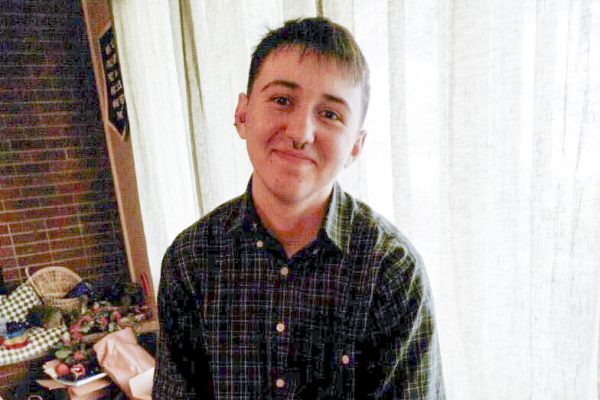Campus going tobacco-free in 2017
Wichita State’s main campus is going tobacco-free in 2017.
A tobacco-free campus initiative began in 2005 with a group of students from the Department of Public Health Sciences who formed an association with the goal of adopting the policy.
An online survey in 2013 submitted by the department showed 64.81 percent of respondents were supportive of a movement, 20.47 percent were opposed and 14.72 percent were indifferent. Also in the study, 65.5 percent of respondents agreed the movement would increase campus appeal.
WSU now joins more than 1,100 tobacco-free college campuses nationally and other state campuses, including Butler Community College, which became tobacco-free in 2013, Johnson County Community College (2014), Pittsburg State University (2015), Fort Hayes State (2016), and the University of Kansas — effective in 2018.
The movement, named Tobacco Free Wu & Me, takes effect July 1, 2017. University President John Bardo and members of the President’s Executive Team approved and signed the initiative on Aug. 25, 2016.
Tobacco Free Wu & Me outlaws the use of any tobacco product, including cigarettes, cigars, smokeless tobacco, hookahs and electronic cigarettes.
The initiative applies to what is considered the main campus, and will not extend to the privately funded developments on WSU’s Innovation Campus.
The main campus and Innovation Campus will be divided at Perimeter Road.
WSU Student Body President Joseph Shepard said there is plans to develop designated smoking areas on the outskirts of the main campus.
“Smokers will have to walk, but the designated areas will be very close to campus,” Shepard said.
The policy states that the university athletic director, Darron Boatright, has the discretion of whether or not to allow smoking outside of WSU sporting events.
Currently, a designated smoking area exists outside of Charles Koch Arena for basketball and volleyball games.
Shepard said enforcement during the first year will be largely an educational process.
“University police are not going to be patrolling, looking for people smoking on campus,” he said. “If someone is spotted by university police, they will be informed and asked to put it out on the spot.”
Shepard said he was unsure about possible consequences for those who ignore the process.
“We don’t want to go out and write $25 tickets — tuition is already enough as it is,” Shepard said. “I believe that every negative action should have a consequence, but I don’t think we should go out hitting people in the pocket.”
Shepard suggested discussing options with Mandy Hambleton, assistant vice president of student advocacy, intervention and accountability, for possibly implementing possible academic sanctions.
Shepard fears that if enforcement is not consistent throughout the campus, nobody will take this movement seriously.
“If we’re going to do this, we need to go tobacco-free all the way around,” he said. “This needs to be consistent all across the board.”
No detailed enforcement plan has formally been agreed upon at this time.

Evan Pflugradt is the former sports editor of The Sunflower. Pflugradt past served as the publication's Editor in Chief, Opinion Editor and a reporter....



















Geoffrey Deibel • Nov 14, 2016 at 9:50 pm
Fact: we’re banning cigarettes but allowing guns onto campus next year.
Dan Hans • Nov 14, 2016 at 12:19 pm
I’m disappointed to hear that electronic cigarettes are included in the ban. They are a much less stinky, much less dangerous, and fantastic smoking cessation tool, so to see them lumped in with the cancer sticks is a bummer. Of course I understand peoples disdain with people who vape in crowds, blowing huge clouds with no regard for anyone else who doesn’t want to smell their fruity face fog. Still, as something that is safer, not as smelly, and produces literally zero waste, I’ll be pretty bummed to have to walk to the outskirts of campus to use the one thing that has helped me quit smoking.